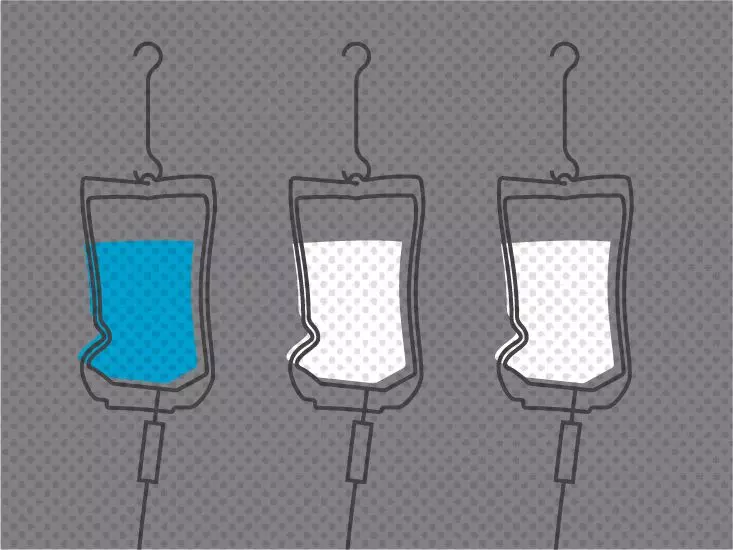Gazyva, known generically as obinutuzumab, is a biologic medication administered intravenously that is primarily indicated for the treatment of specific forms of lymphoma and leukemia. While the therapeutic benefits of Gazyva can be significant, understanding its pricing structure is vital for patients and caregivers grappling with the nuances of insurance, out-of-pocket expenses, and potential financial aid. This article will delve into the factors influencing the cost of Gazyva, compare it with similar medications, and provide guidance on how to secure financial assistance.
The Complexity of Gazyva’s Pricing
The cost of Gazyva is not uniform; it can vary widely based on a multitude of factors. Primarily, your treatment plan will dictate the overall expenditure. Insurance coverage plays a crucial role – the specifics of your plan, including copayment rates, coverage limits, and the pharmaceutical tier in which Gazyva is categorized, are all influential variables.
In addition to insurance considerations, patients must also factor in the costs associated with receiving the medication itself, including healthcare provider fees for infusion sessions. Whether Gazyva has a savings program or financial assistance options may further affect your out-of-pocket expenses, emphasizing the need for proactive conversations with healthcare providers and insurance representatives.
Gazyva is exclusively available as a brand-name biologic drug, without an accompanying biosimilar option. Biologic medications such as Gazyva are often more expensive due to the complex research, development, and manufacturing processes required to ensure safety and effectiveness. Typically, these biologics are granted patent protection, allowing manufacturers to recoup their investment without competition for a designated period—often up to 12 years.
In contrast, biosimilars, which are developed once a biologic’s patent expires, tend to be less costly. This pricing dynamic stems from the competitive landscape that emerges when multiple manufacturers produce similar therapeutic agents. Given that Gazyva does not have a biosimilar counterpart, patients do not have the option of more affordable alternatives for their treatment.
Financial Assistance and Support Resources
For those who need financial support to access Gazyva, several resources are available. Programs such as the Genentech Oncology Co-pay Assistance Program offer help to patients struggling with the costs associated with their treatment. Interested individuals can check eligibility by calling 866-422-2377 or visiting official program websites.
Moreover, the Genentech Patient Foundation also provides resources and support for those prescribed Gazyva. There are additional platforms that compile information about various assistance programs, including links to savings cards and strategies for maximizing insurance benefits. Exploring these options can lead to significant financial relief for patients.
Comparative Costs: Gazyva, Rituxan, and Venclexta
When evaluating treatment options for lymphoma or leukemia, it’s essential to compare Gazyva with similar medications such as Rituxan and Venclexta. Gazyva and Rituxan are both administered via IV infusions, whereas Venclexta is available as an oral tablet. Typically, the costs associated with IV infusions are higher than those of oral medications due to additional healthcare service fees required for administration.
Another critical factor to consider is that Rituxan is available in biosimilar forms, which generally come at a lower cost than brand-name medications. In contrast, both Gazyva and Venclexta currently lack biosimilar options, leaving patients with fewer financial pathways to lower their drug costs.
Patients must understand that utilizing insurance for Gazyva may involve hurdles like prior authorization. This process necessitates discussions between your healthcare provider and insurance company to confirm coverage before initiating treatment. Starting Gazyva treatment without prior insurance approval could result in the patient being liable for the entire cost of the medication.
Additionally, whether Gazyva infusions are covered under medical benefits or pharmacy benefits can depend on your insurance plan. Infusions received in a hospital or specialized clinic setting may be billed differently from those administered in a doctor’s office, which can further complicate reimbursement processes.
The emotional and physical toll of battling cancer is already significant, and the added complexity of financial logistics should not burden patients further. By thoroughly understanding the costs associated with Gazyva, exploring financial assistance programs, and engaging with healthcare and insurance professionals, patients can better navigate the treatment process. While Gazyva offers hope and potential for improved health outcomes, clear communication and resource utilization are essential to make this important medication accessible. Always consult healthcare professionals to ensure the most informed decisions regarding your health and financial well-being.

